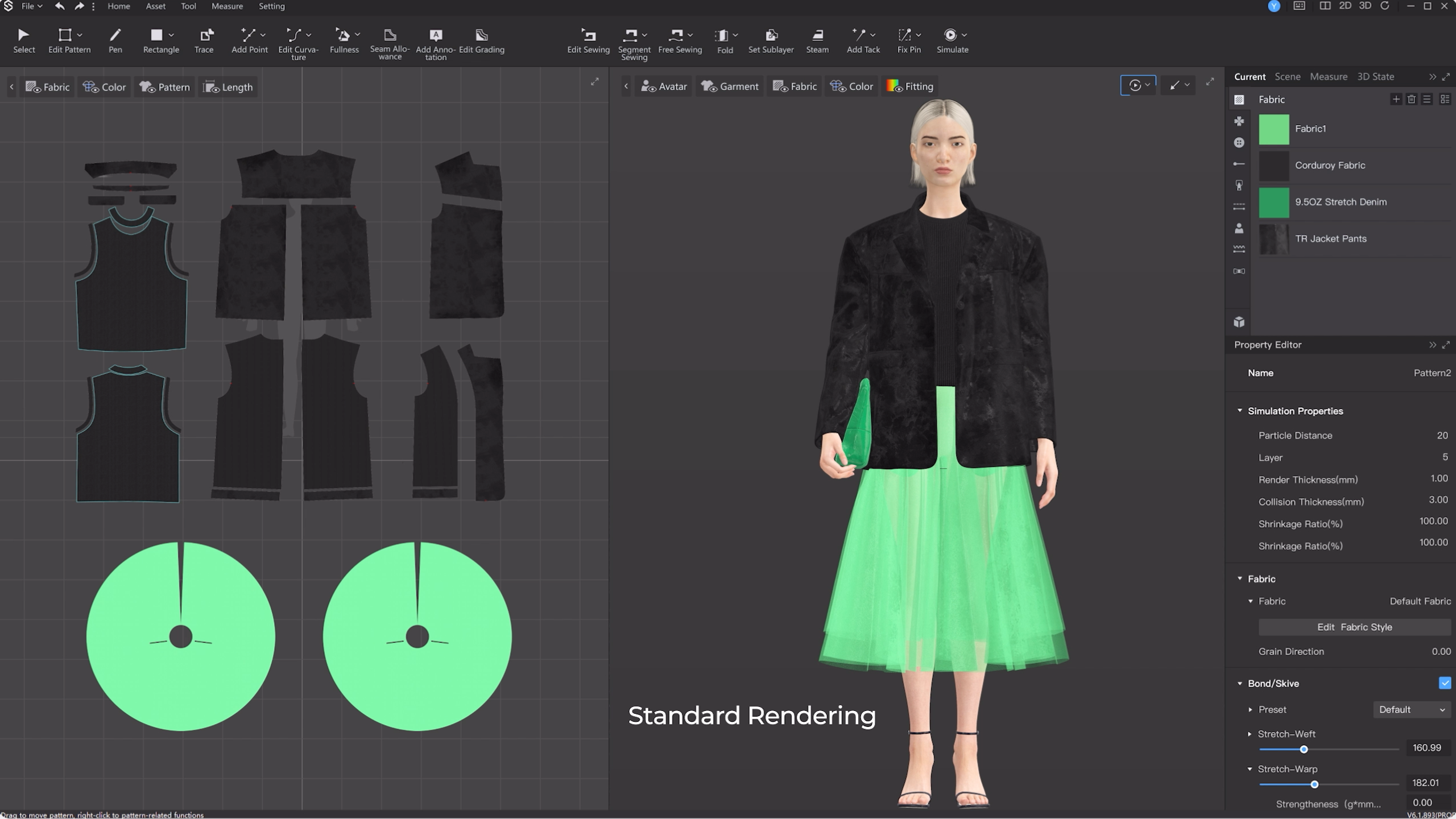The Future of Fashion: How Artificial Intelligence is Revolutionizing the Industry
The fashion industry is undergoing a transformative shift, thanks to the integration of Artificial Intelligence (AI). From design to production, AI is streamlining processes, reducing costs, and enhancing creativity. This blog explores how AI is reshaping the fashion landscape and what it means for designers, brands, and consumers.
AI in Fashion Design
Traditionally, fashion design has been a labor-intensive process, requiring countless hours of sketching, prototyping, and sampling. However, with the advent of Artificial Intelligence, designers can now leverage advanced algorithms to generate innovative designs. AI-powered tools can analyze trends, predict consumer preferences, and even create unique patterns, allowing designers to focus more on creativity and less on repetitive tasks.
Virtual Prototyping and 3D Modeling
One of the most significant advancements brought by Artificial Intelligence is virtual prototyping. Using AI-driven 3D modeling software, designers can create digital prototypes that mimic real-world garments. This not only reduces the need for physical samples but also allows for rapid iterations and adjustments. Brands can now bring products to market faster and with greater precision.
Personalized Shopping Experiences
AI is also revolutionizing the way consumers shop for fashion. By analyzing vast amounts of data, AI algorithms can offer personalized recommendations tailored to individual preferences. Virtual fitting rooms, powered by Artificial Intelligence, enable customers to try on clothes virtually, ensuring a perfect fit before making a purchase. This enhances the shopping experience and reduces return rates, benefiting both consumers and retailers.
Sustainable Fashion
Sustainability is a growing concern in the fashion industry, and AI is playing a crucial role in addressing it. By optimizing supply chains and reducing waste, Artificial Intelligence is helping brands adopt more sustainable practices. AI can predict demand more accurately, minimizing overproduction and excess inventory. Additionally, AI-driven recycling technologies are enabling the reuse of materials, contributing to a circular fashion economy.
Challenges and Future Prospects
While the benefits of Artificial Intelligence in fashion are undeniable, there are challenges to overcome. Data privacy concerns, the need for skilled professionals, and the high cost of AI implementation are some of the hurdles the industry faces. However, as technology continues to evolve, these challenges are likely to be addressed, paving the way for even more innovative applications of AI in fashion.
In conclusion, Artificial Intelligence is not just a trend but a fundamental shift in the fashion industry. By embracing AI, brands can stay ahead of the curve, offering better products and experiences to their customers. The future of fashion is here, and it’s powered by AI.
